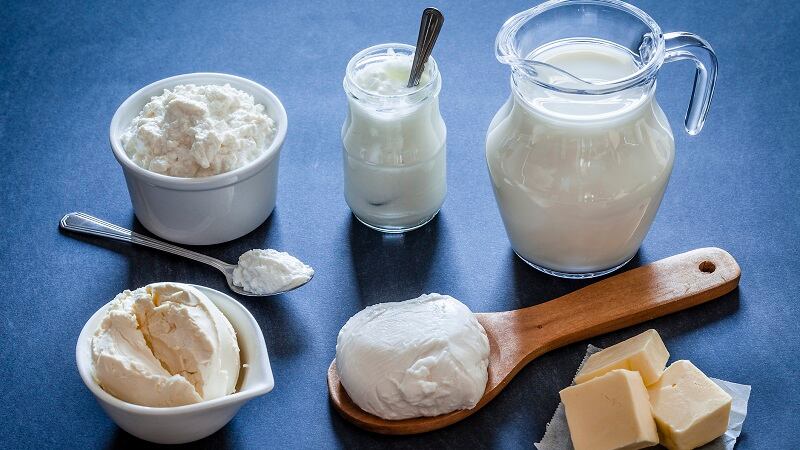Vivici B.V. is set to launch ‘nature-identical’ lactoferrin derived through fermentation and bolster its manufacturing capabilities after securing €32.5m (US$34m) in Series A funding.
The Dutch company – which was set up by New Zealand dairy giant Fonterra and global nutrition and health company dsm-firmenich – has also secured the first orders for its GRAS-approved fermentation-derived beta-lactoglobulin for active nutrition applications.
Following a successful Series A funding round, the company is set to launch a second functional ingredient – lactoferrin – in the second half of 2025, we learned.
“We plan to launch Vivitein LF [the company’s lactoferrin ingredient] in the second half of this year, which is an important component of why we have raised funds, and which will continue the impressive momentum that we have at present,” Stephan van Sint Fiet, CEO of Vivici, told us. “That’s our clear focus right now.”
The firm has reportedly secured its first customer offtake agreements, though details on these were not shared at this point. “The real potential for us lies with scaling businesses in the active nutrition space, and that’s where our focus lies currently,” said the chief executive.
“We will share updates on customers in due course when it’s timely and relevant to do so, but we are obviously delighted to have customer offtake agreements signed and be working closely with those customers to help them ensure success.”
The Series A funding - led by APG on behalf of pension fund ABP, and Invest-NL with participation from InnovationQuarter, dsm-firmenich and Fonterra - will also enable Vivici to establish long-term manufacturing capabilities and enter new markets – starting with developed ones like the US but also exploring the potential of emerging markets such as Asia.
“In developed markets such as the US, the EU, the UK or Canada, there is tremendous demand for active nutrition products – and those in turn can become huge markets for quality protein derived from precision fermentation,” Van Sint Fiet told us.
“Currently, we are focused on a scale market where the regulatory approval is in place, which is the US. With market access now underway for Canada, Singapore, EU, and the UK, we are confident more markets will start to open up in this way in due course,” he said.
“In the Middle East and Asia, food security is a real issue – and so there is potential in those areas, too.”
Precision fermentation: Changing the game in functional dairy ingredient production
Traditionally found in bovine and human milk, lactoferrin is a bioactive protein with multi-functional properties, including immuno-modulating, anti-oxidant and anti-microbial.
Around half of globally-produced lactoferrin is used in infant nutrition, but in recent years, the ingredient has become increasingly desirable for adult nutrition applications, too.
But lactoferrin is difficult to obtain – at least 3l of milk is needed to extract 60mg of ‘pink gold’ as lactoferrin is also known, through a multi-stage process. Coupled with increased demand from businesses, this has led to prices to vary from $300 to $3,000 per kg.
Start-ups who leverage precision fermentation – such as Singapore’s TurtleTree and Australia’s All G – say they can produce nature-identical lactoferrin without involving cows; thus lowering production costs and improving sustainability at the same time.
For example, Vivici’s BLG offer is made with 86% less water and 68% lower carbon emissions, the company claims.
“Lactoferrin has tremendous potential,” Stephan van Sint Fiet, CEO of Vivici, told us. “Its supply is constrained and the low natural abundance of lactoferrin in milk makes it a costly protein. It’s therefore an ideal product to make by precision fermentation.”
“Fermentation-derived lactoferrin can be reliable available all year round, at the same price and with consistently high quality.”
Stephan van Sint Fiet, CEO of Vivici
For now, Vivici is focused on marketing its fermentation-derived whey protein isolate, targeting consumers in the active nutrition space.
According to LEK Consulting, the category grew by 8.5% in 2023 reaching a valuation of $28.4bn and is set to expand at a similar growth rate in the coming years.
Meanwhile, fermentation-derived dairy ingredients better-suited for food applications - such as casein - are also emerging, with players from Belgium-based start-up Those Vegan Cowboys to dairy giant Leprino all vying for a piece of the foodtech pie that could revolutionize cheese alternatives.




